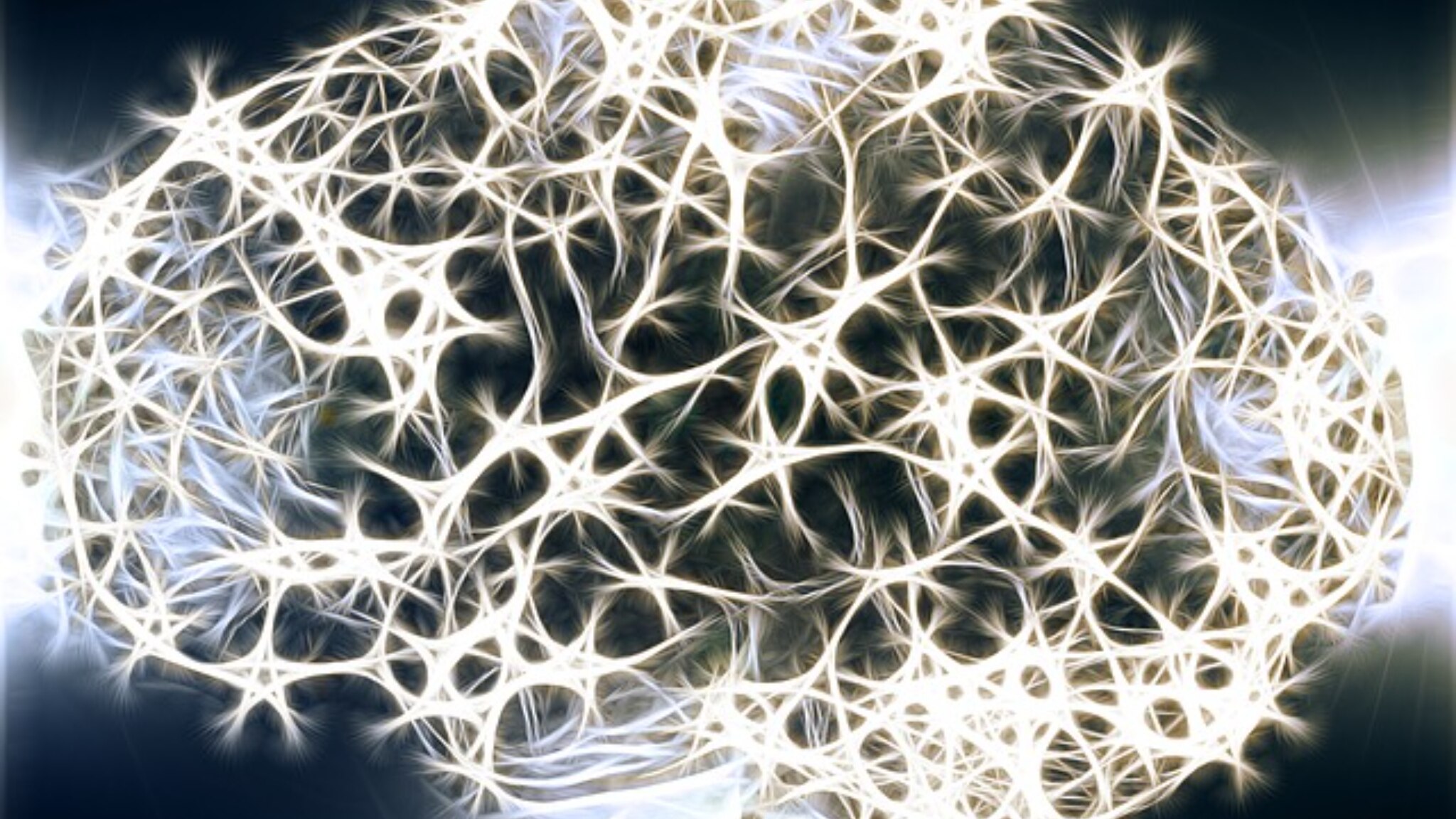According to the Iranian authorities, Mahsa Amini's death is linked to a multi-
organ failure syndrome
caused by
cerebral hypoxia
and not caused by beatings.
This was stated by a medical report published today by the Iranian authorities.
The Iranian forensic organization claimed that "Mahsa Amini's death was not caused by blows to the head and vital organs", but was related to "surgery for a brain tumor she suffered at the age of eight" , according to the report released by state television.
The coroner's version is that Mahsa 'suddenly lost consciousness' due to the condition he had and which caused her 'heart rhythm disturbance and a drop in blood pressure'.
“Hypoxia
is a condition of
oxygen deficiency
in the body's tissues.
It can be an acute phenomenon that appears rapidly, or chronic that develops over a longer period of time and can concern a specific area of the organism (tissue hypoxia) or the whole body (generalized hypoxia) "explains Professor
Piero Barbanti
neurologist and lecturer at the IRCCS San Raffaele University in Rome.
If particularly severe, hypoxia can cause damage to the brain, heart and liver.
Even the slightest reduction in the supply of oxygen to the brain, the so-called cerebral hypoxia, compromises behavioral responses and levels of alertness, while attention and control over actions remain unaltered.
Hypoxia characterizes various clinical disorders, such as asthma or brain lesions, but also healthy individuals who stay at high mountain altitudes and
can be linked to various pathologies
, including anemia, angina pectoris, sleep apnea, atherosclerosis, lung cancer, cirrhosis liver, pulmonary embolism, stroke, myocardial infarction, heart failure, pneumonia, heart failure, sepsis.
“Treatment
for hypoxia depends on the underlying cause,” continues Barbanti.
Oxygen therapy may be recommended, especially if symptoms include shortness of breath or other problems that may suggest moderate or even severe hypoxia.
If symptoms are severe, mechanical help may be needed to breathe.
"Severe hypoxia can begin to irreversibly damage important organs such as the brain, heart and liver in just 4 minutes, which could lead the patient to a vegetative and minimally conscious state," adds the neurologist.
The consequences can be seizures, coma or even death.
Even moderate, if chronic, hypoxia can damage organs.
But how would the hypoxia cause the Iranian girl's death?
According to Barbanti, one of the causes of cerebral hypoxia is head trauma.
In addition, the girl, according to her relatives, did not show signs of a neurological disease.
Furthermore, brain tumors usually cause intracranial hypertension (caused by the pressure of the tumor itself) and not cardiac arrest.

